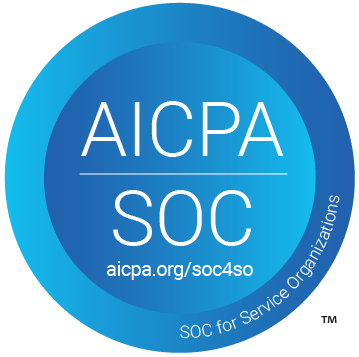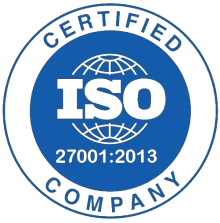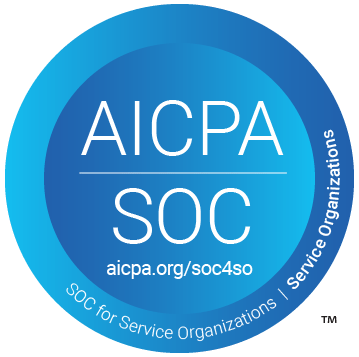In this blog, we are going to demonstrate you a quick way to connect Google Calendar events to Facebook page automatically using Pabbly Connect.
Basically, Pabbly Connect is an awesome and the most affordable integration and automation tool in the market which will help you to set up the integration and automate multiple apps just like a piece of cake.
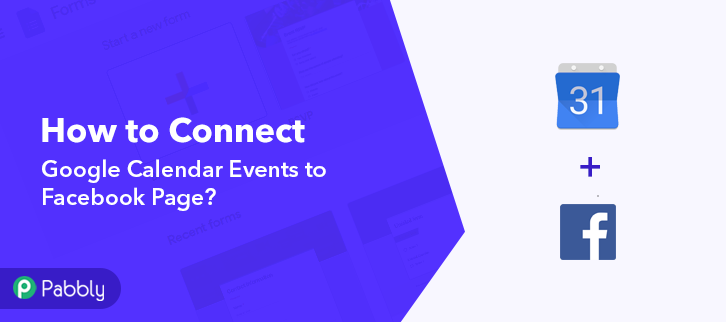
But before moving forward, let’s know a wee bit about the services & why there is a need to integrate Google Calendar and Facebook. As you are aware, that Facebook is a social media platform that allow users all over the world to connect and interact. On the other hand, Google Calendar is a time-management and scheduling calendar service developed by Google.
Why Choose This Method Of Integration?
In contrast with other integration services-
- Pabbly Connect does not charge you for its in-built apps like filters, Iterator, Router, Data transformer, and more
- Create “Unlimited Workflows” and smoothly define multiple tasks for each action
- As compared to other services which offer 750 tasks at $24.99, Pabbly Connect offers 50000 tasks in the starter plan of $29 itself
- Unlike Zapier, there’s no restriction on features. Get access to advanced features even in the basic plan
- Try before you buy! Before spending your money, you can actually signup & try out the working of Pabbly Connect for FREE
Since, there is no way possible to integrate both these software yet. But, with the help of Pabbly Connect, you can easily integrate Google Calendar and Facebook, such that whenever an event is created in Google Calendar then automatically add a post into Facebook page.
We’ve also attached a video below to help you know about this integration process-
Moreover, if you want to start the integration immediately, simply click on the ‘Use Workflow’ button below. Also, you can visit Marketplace for more integration and workflows.
So, without wasting any more time, let’s begin with the process to integrate Google Calendar and Facebook.
Step 1: Sign up to Pabbly Connect
We will start the process to connect Google Calendar events to Facebook page by clicking on the ‘Sign Up Free’ icon on the Pabbly Connect home page. Next, either manually fill-up all the details or sign up using your Gmail account.
Step 2: Access Pabbly Connect
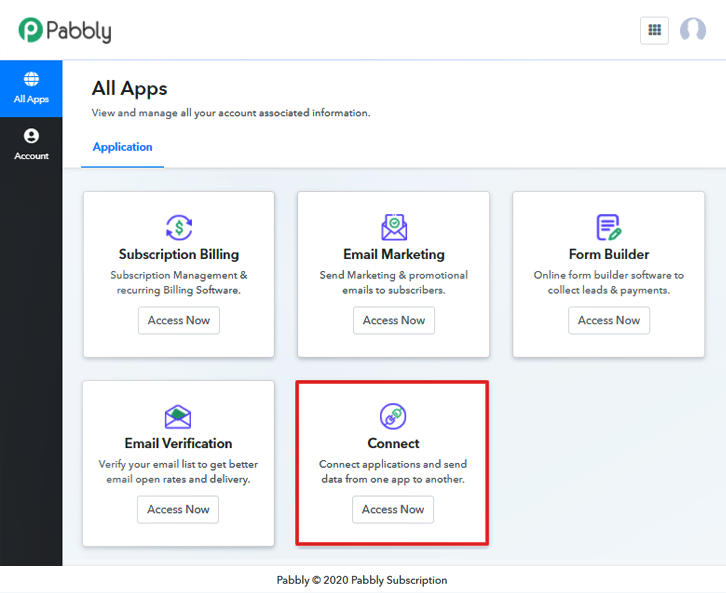
Next, after logging into the account, click on the ‘Access Now’ button of the Connect section in the dashboard.
Step 3: Workflow for Google Calendar to Facebook Integration
(a) Start with a New Workflow
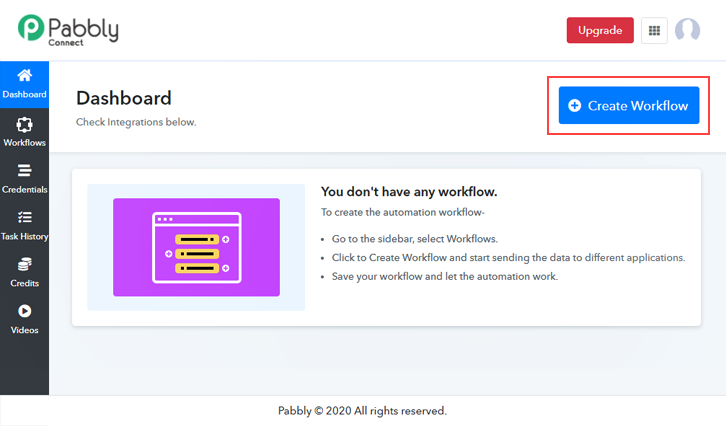
Start with creating a workflow for your project by clicking on the ‘Create Workflow’ button.
(b) Name the Workflow
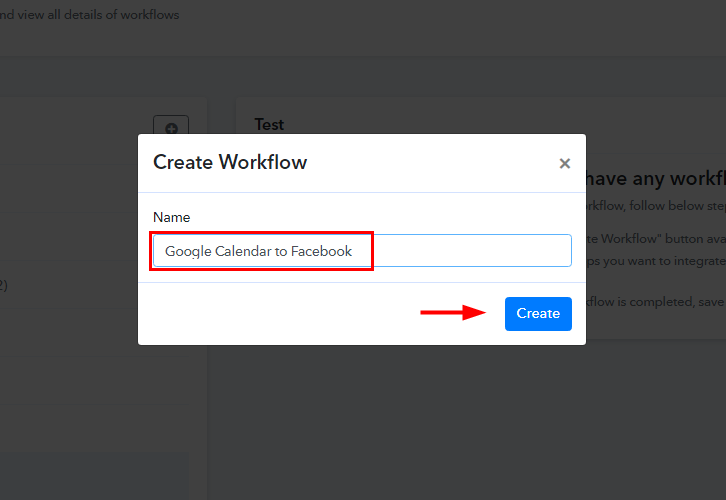
Now, you need to name the workflow just like in the above-shown image. I named it ‘Google Calendar to Facebook’, you can obviously name the workflow as per your requirements.
Step 4: Setting Trigger for Google Calendar to Facebook Integration
As soon as you are done naming your workflow, you will have to select the application to integrate Google Calendar and Facebook. Pabbly Connect allows you to connect unlimited premium apps, create your free account now.
(a) Select Application you Want to Integrate
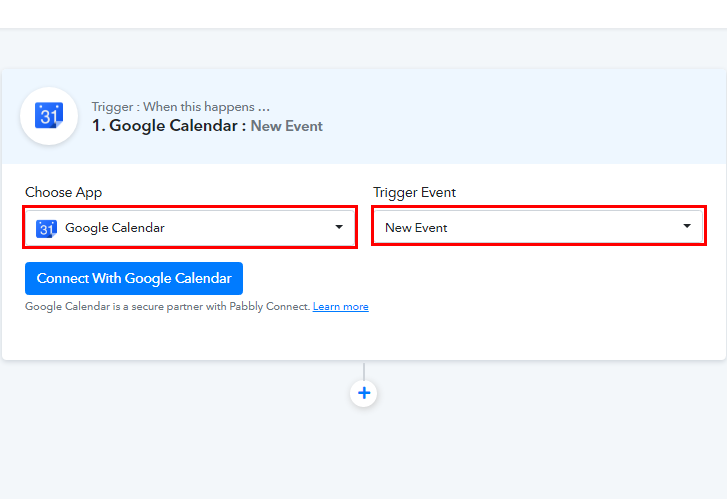
Promptly, select ‘Google Calendar’ from the choose app drop-down and in the trigger event choose ‘New event’.
(b) Click the Connect Button
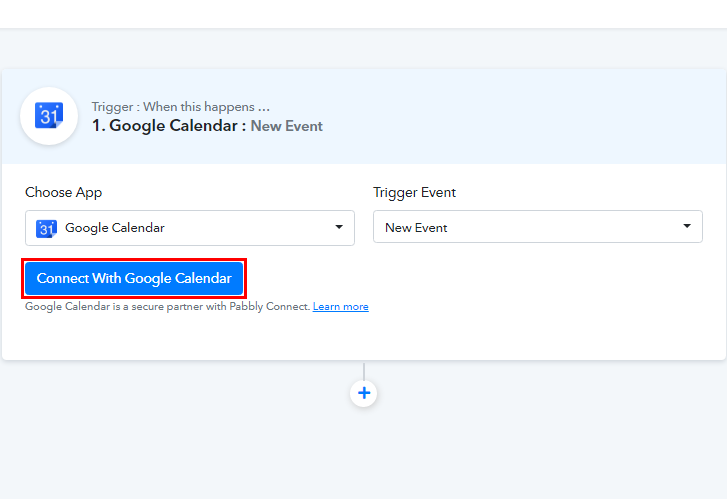
After choosing the application click on the ‘Connect with Google Calendar’ button to move forward.
Step 5: Connecting Google Calendar to Pabbly Connect
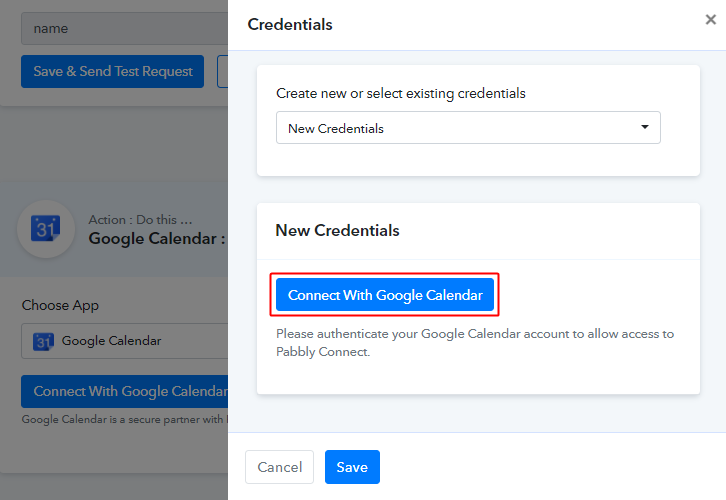
Now, authorize Google Calendar by allowing your Google account access and finally click on the ‘Save’ button.
Step 6: Create a New Event
Further, to test the trigger settings we need to create a new event in Google Calendar.
(a) Go to Google Calendar
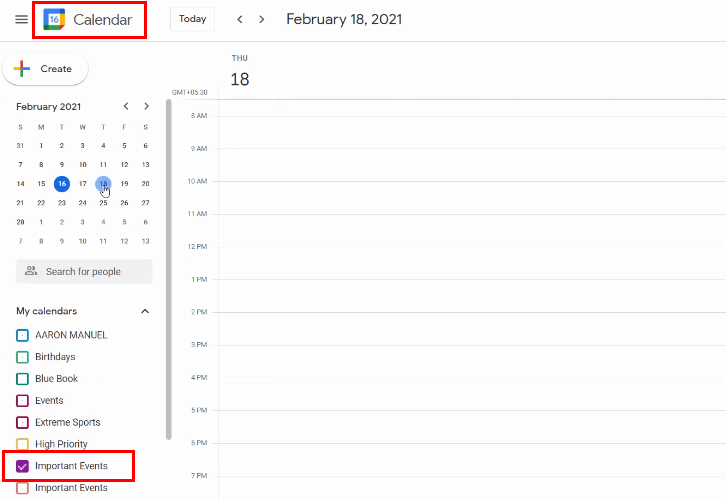
Go to the Google Calendar. Select a calendar and date in which you want to create an event.
(b) Create an Event
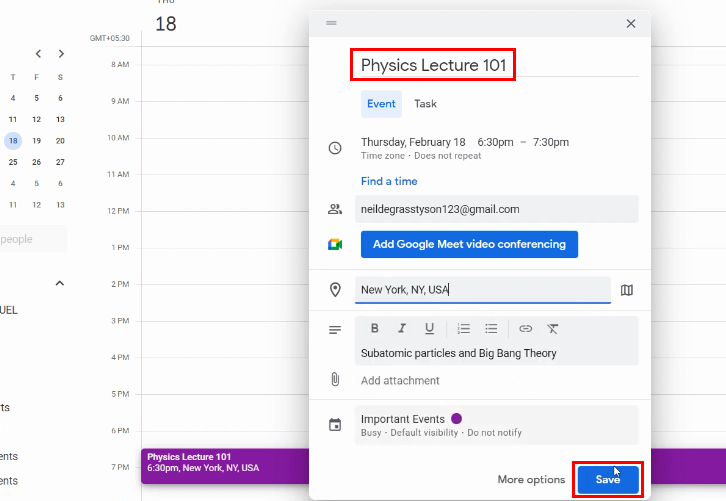
Now, a pop-up will window, here you have to enter the event details like name, time, description, etc. At last, hit the ‘Save’ button.
(c) Choose Calendar
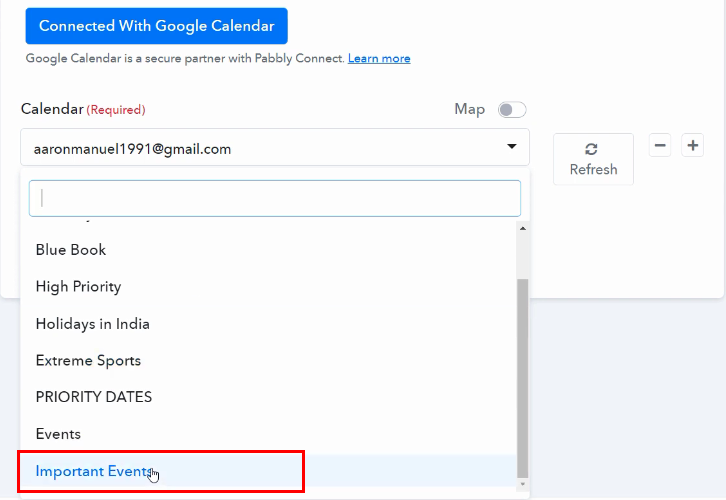
After you click on the ‘Save’ button, head back to Pabbly Connect window and select the same calendar in which you have created an event.
(d) Save and Send Test Request
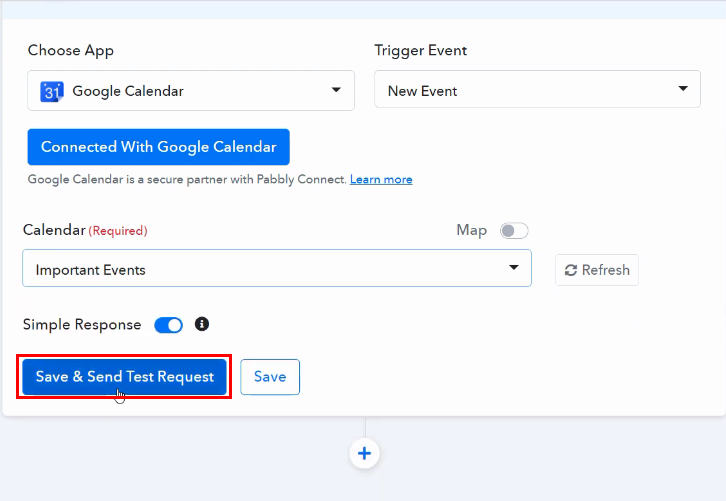
Next, press the ‘Save and Send Test Request’ button to get the response.
Step 7: Test the Response in Pabbly Connect Dashboard
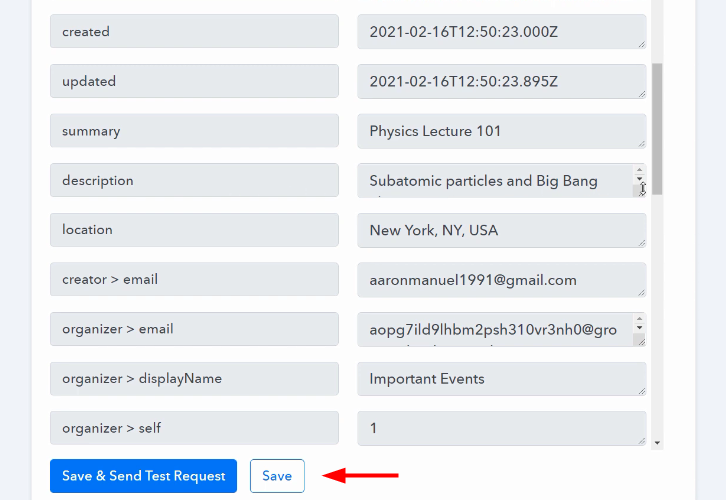
As you click on the ‘Save and Send Test Request’, soon you will get the response and the data of newly created event appears.
Step 8: Setting Action for Google Calendar to Facebook Integration
To make this Google Calendar and Facebook integration work, you have to choose the action for your trigger.
(a) Select Application you Want to Integrate
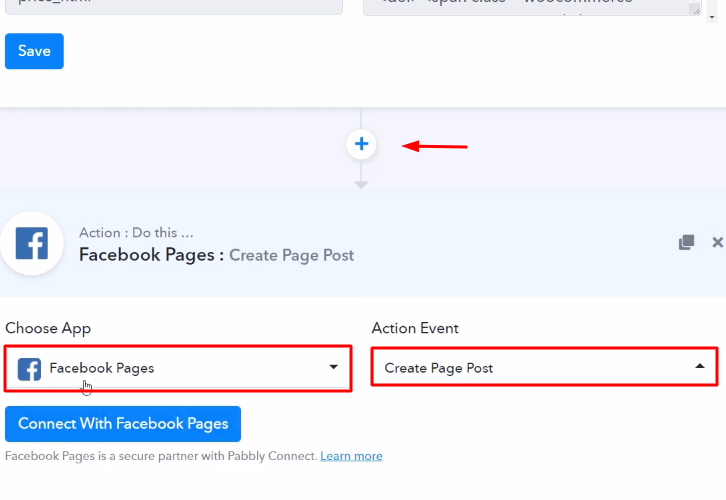
Further, click on the ‘+’ icon to add an action for your trigger. Here we are going to select ‘Facebook Pages’ from the dropdown. Then, choose ‘Create Page Post’ option.
(b) Click the Connect Button
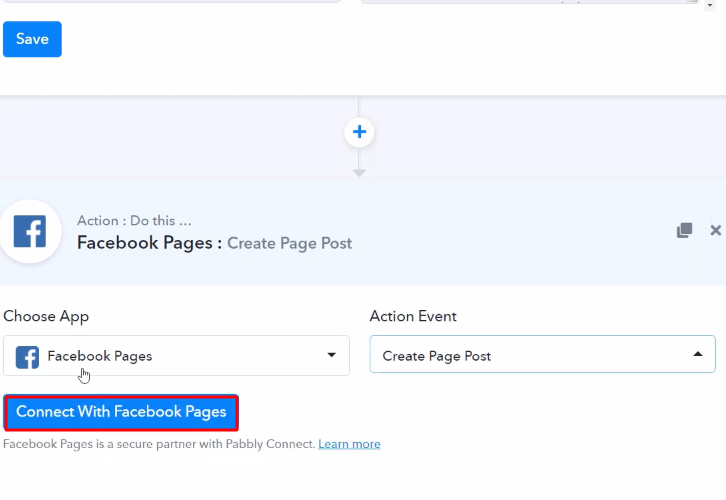
After choosing the application, click on the ‘Connect with Facebook Pages’ button to move forward.
Step 9: Connecting Facebook to Pabbly Connect
To connect Facebook with Pabbly Connect, you have to authorize the application. For that, you need to log in to your Facebook account.
(a) Authorize Facebook
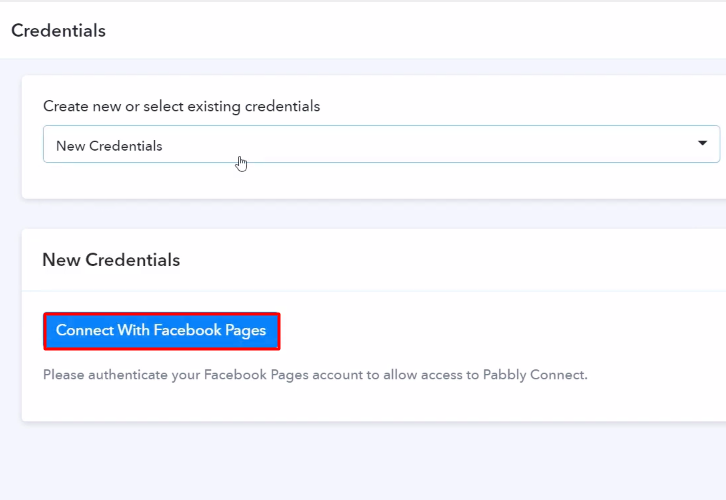
Next, a window will pop up, here click on the ‘Connect With Facebook Pages’ button and authorize your Facebook account. At last click on the ‘Save’ button.
(b) Map the fields
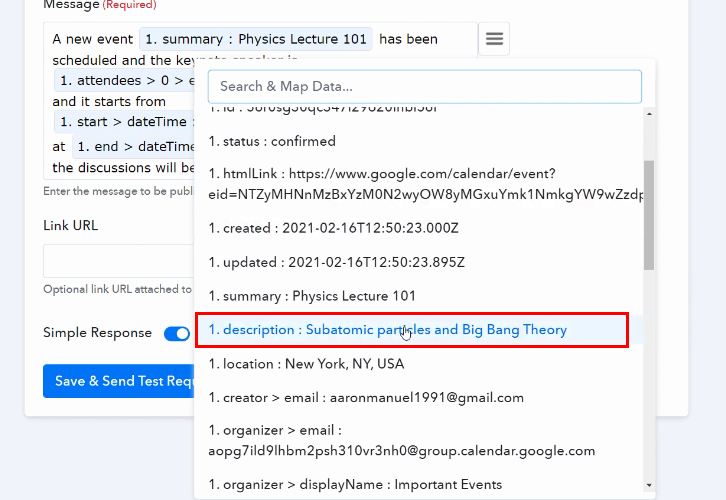
Promptly, Pabbly Connect automatically fetches all your pages, simply map the data in their respective fields such as message, etc.
(c) Save and Send Test Request
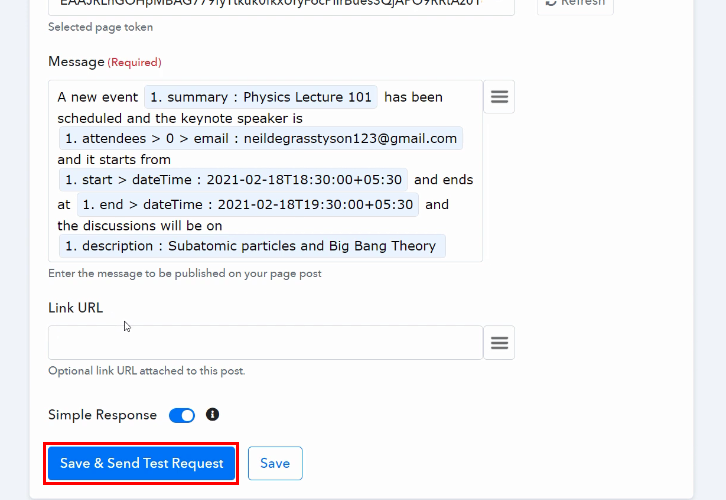
Once you are done mapping all the data, click on ‘Save and Send Test Request’ button.
Step 10: Check Response in Facebook Dashboard
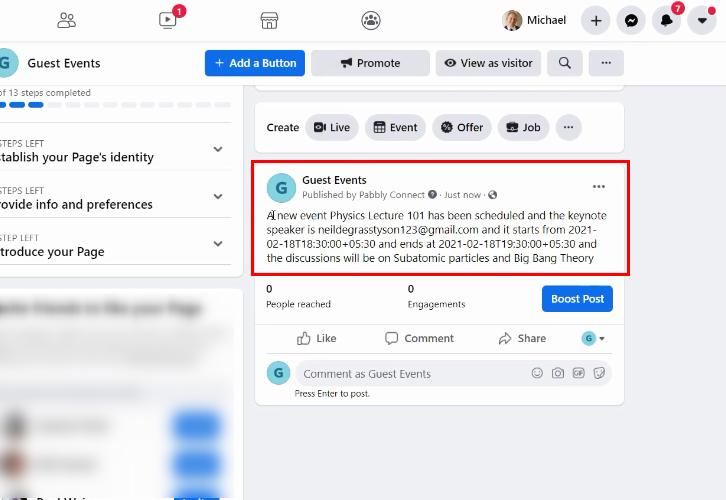
Finally, you can see that a new post is automatically created on Facebook page from Google Calendar events.
Conclusion –
In the end, this was our take on ‘How to Connect Google Calendar Events to Facebook Page‘. Now that, you have understood how Pabbly Connect works and how it can help you in saving a lot of time and effort, you can integrate any applications easily. You just have to follow these simple steps and once the integration is done, Pabbly Connect will do the rest for you. Thus, go ahead and signup for free to enjoy this amazing automation and integration service.
For further queries, please drop your comments below. We will get back to you as soon as possible.





